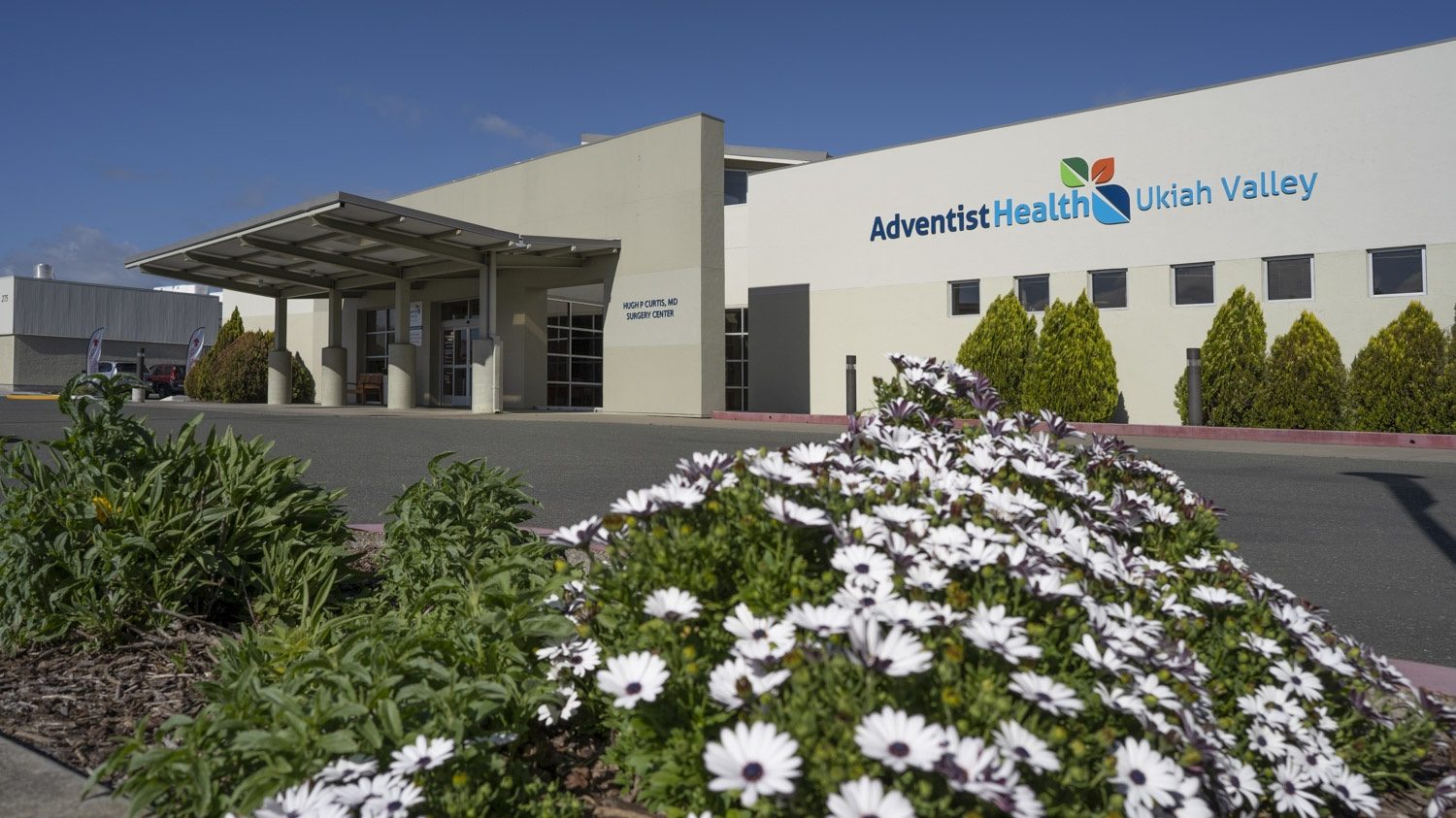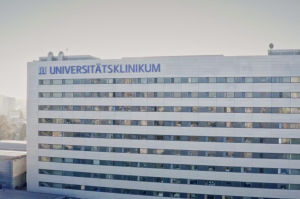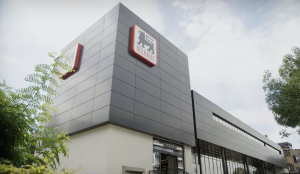Overview & challenges
Adventist Health, operating in the West Coast and Hawaii, has hospitals and clinics in both urban and rural areas. One of the main challenges they faced was providing staff and visitors proper connectivity in their rural hospitals, where cellular connectivity is poor. This was especially critical for those who stayed overnight. To solve this, the group required a Wi-Fi onboarding solution that was secure, fast to deploy and inexpensive, too.
Seamless onboarding & network connectivity
Given their existing infrastructure of Cisco Catalyst 9000 series access points, their IT team decided to try OpenRoaming by Cisco Spaces. OpenRoaming is an open industry standard that helps users connect compatible mobile devices to Wi-Fi networks automatically, eliminating the need for passwords and pop-up screens. The solution was deployed successfully across 24 of their of the health system’s campuses throughout the West Coast and Hawaii.
With OpenRoaming, the staff and patients (AT&T or T-Mobile users) now have access to a Wi-Fi 6 network across the hospital, without having to do anything. Connectivity is automatic, without the need to enter any login credentials, saving doctors and nurses precious time. This also means that the IT team has far less connectivity issues or tickets to deal with. For visitors, the experience is so seamless, that many don’t even realize that they’ve connected to the hospital Wi-Fi. They are seeing an increase in connectivity from traveling nurses and doctors who visit their facilities, too.
Ed Vanderpool, IT Technical Manager, Adventist Health, says that they are also observing a decline in Wi-Fi connectivity related support tickets. Meanwhile, their attach rate is on the rise – meaning those who are connected are staying online for longer.
With the Cisco Spaces platform, the healthcare provider was not only able to roll out OpenRoaming easily, but also at a fraction of the cost charged by other options in the market.
“A lot of our sites are rural, so we don’t have very good cellular connectivity. We want staff and visitors to be able to walk in and use our wireless instantly. Now, they don’t even notice that they’re connected. They walk in and think, ‘My cellular is better right now’. Cisco Spaces has saved us a lot of money and time.”
– Ed Vanderpool, IT Technical Manager, Adventist Health
Other uses that Adventist has found with Cisco Spaces include the Behavior Metrics app, which helps them analyze historic visitor behavior data and use it to make operational changes. For instance, it helped them identify minimal footfalls in their gifting section, after which they were able to use the right advertising to spread awareness about it.
Adventist Health also uses Spaces asset management to ensure effective use of their wireless blood pressure monitors. Ed shares an amusing anecdote, “These monitors were suddenly going missing and we found out that nurses had a ‘favorite monitor’ that they would stash away when they went off shifts. Then nobody else could use it. Spaces helped clear that little issue up.”
In the future, Adventist Health will be using Spaces to create a database of medical inventory on each floor. This will not only help them locate medical assets easily when required, but will also tell them how close the asset is to a nurse or doctor.




